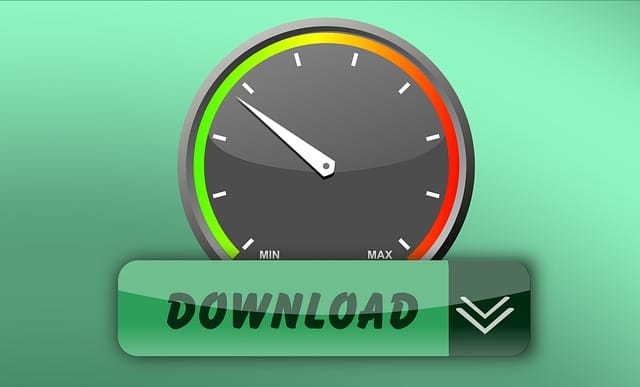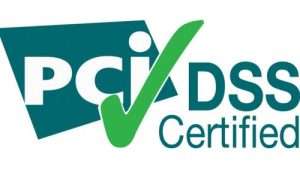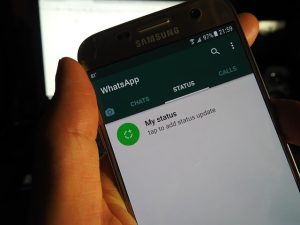How to choose Broadband Package – in Layman Terms

I can say that most internet service subscribers believe they are not getting the best from their service provider.
Therefore, people keep searching for the best internet provider with the best broadband package deal in their area.
It is not always about the provider but you understanding how things work with internet services.
There are different classes of broadband and each of them has its advantages and the disadvantages
- Public wireless – 4G/LTE
- Public broad bandwidth
- Private Network
- Software-defined wide-area networks (SD-WAN)
The ability to know which best suits your business will help you to make the right decision.
Before you go for any type of bandwidth, you need to define how you want to use the service.

- Is it going to be for personal use or business
- Are you going to be dealing with large files or not
- For business use, are you going to connect more than one location
- Are you going to be able to tolerate delay in data communication or not
- Will you have to keep data in the cloud
- How much budget can you allocate for bandwidth monthly
The list can continue like that. Another thing that’s important but not taking seriously is the understanding of the technical terms.
Some people can not differentiate between similar terms like bit and bundle or downstream and download.
The broadband companies can use the technical terms to their advantage since they’re not explained on their sites in layman terms.
Ensure you understand the broadband contract or agreement before you go for it.
Let’s look into some of the most used terms in broadband-related services.
- 3G broadband
It is fully known as third-generation 3G mobile technology and was introduced in the UK in 2003 and now covers most of the country.
- 4G broadband
Fourth-generation mobile technology – 4G – promises more reliable connections and faster download speeds.
- ADSL
It is known as an asymmetrical digital subscriber line. It enables the fast transmission of data via the copper cables of your existing telephone line and is a common Internet connection.
It is easy to use both your telephone and broadband connection at the same time with ADSL. For example, you’ll be able to make phone calls while browsing the internet.
- ADSL2 +
A higher version of ADSL that uses the same copper wires but with more modern technology. It is faster than ADSL with speeds of up to 20 megabytes per second.
- Bandwidth
Bandwidth is often used interchangeably with internet speed by both consumer and broadband companies.
It means the amount of data you can transfer at a time.
It could also mean the speed at which you can upload and download file on the internet.
- Bandwidth conflict ratio
The bandwidth contention ratio indicates the maximum number of people sharing your broadband connection.
So if the ratio is 50:1, you can share your connection with a maximum of 49 other people at the same time.
The higher the competition rate, the lower the potential download speed.
- Connection
With broadband, you can speed up your broadband connection by connecting multiple phone lines together. You get more bandwidth and therefore higher speeds.
- Lock
There are two definitions of the term “capping”.
It is often used to describe a download limit. Therefore, you may only be able to download a certain amount of data per month according to the terms of your contract.
Conclusion
Canceling your broadband contract because you feel the service is poor or the bandwidth measurement isn’t accurate, you need to understand what you want first.
Switching from Vodafone, Sky, Virgin Media, TalkTalk to BT, Glide or ASk4 is not the end solution, you may even have to pay for cancellation fees in some cases.
Getting to understand all the technicalities of broadband will help you choosing the best-fit broadband service.






